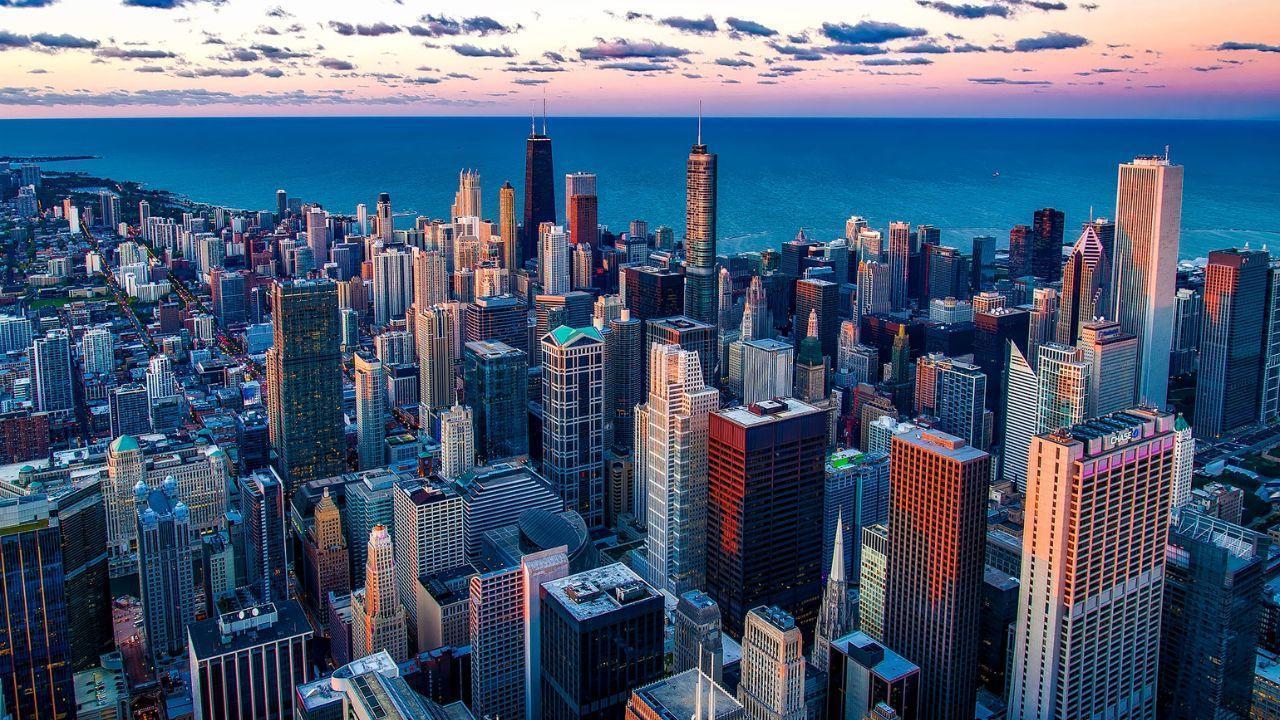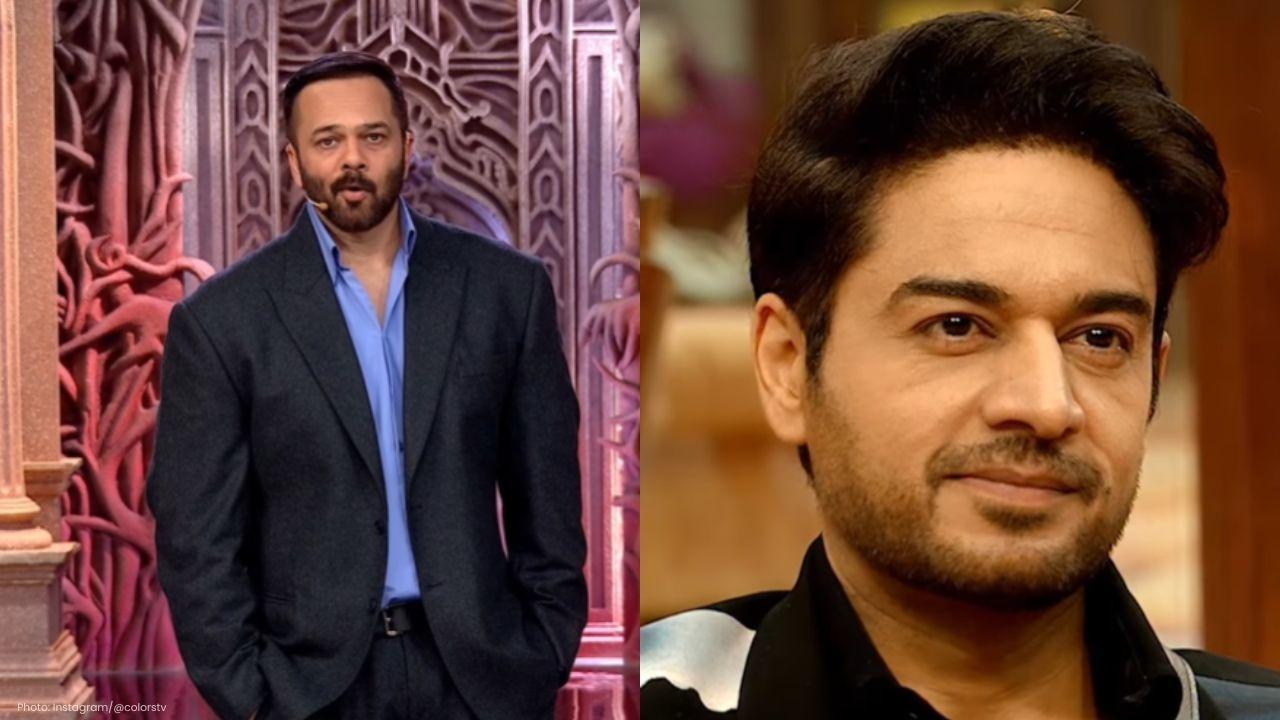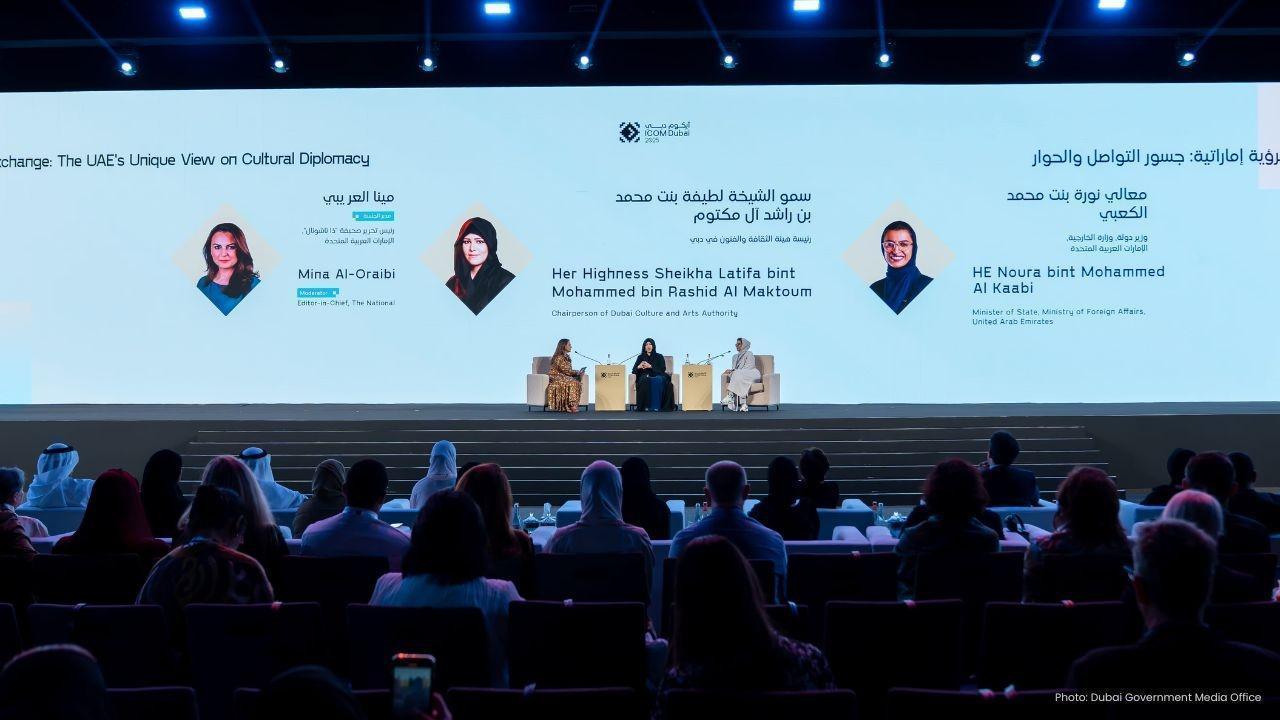
Post by : Vansh
In an era where population growth, climate change, and technological advancement intersect, cities across the world are undergoing a radical transformation. Welcome to the age of smart urban evolution, where infrastructure meets intelligence, and sustainability blends with innovation. The concept of tomorrow’s cities today is no longer a futuristic dream—it’s our new urban reality.
Smart urban evolution refers to the integration of cutting-edge digital technologies with urban planning and infrastructure to create efficient, responsive, and sustainable cities. This evolution prioritizes connectivity, data-driven solutions, and eco-friendly practices. The backbone of smart cities lies in technologies like Internet of Things (IoT), Artificial Intelligence (AI), and big data analytics. These innovations are helping city planners monitor traffic, reduce energy use, enhance safety, and improve citizens’ overall quality of life.
Governments and private sectors are collaborating globally to reshape urban environments. This transformation includes everything from smart grids and energy-efficient buildings to autonomous public transport systems and real-time data collection for city services.
One of the core pillars of tomorrow’s cities today is sustainability. With climate change threatening ecosystems and urban populations alike, future-focused cities are investing in green solutions. From vertical gardens and green rooftops to renewable energy initiatives, smart cities aim to minimize their carbon footprint.
For instance, cities like Copenhagen, Singapore, and Amsterdam are leading the charge in sustainable urban planning. They are implementing solar-powered infrastructure, cycling-centric transit systems, and zero-waste policies. These efforts not only reduce environmental impact but also inspire other regions to adopt similar frameworks.
The introduction of smart infrastructure has revolutionized the way people interact with their urban environments. Sensors embedded in roads and buildings allow for real-time monitoring of air quality, water usage, and traffic patterns. Intelligent transportation systems enable smoother commutes, reduced congestion, and fewer emissions.
Moreover, smart buildings are designed to consume less energy and automatically adjust lighting, heating, and cooling based on occupancy and weather patterns. By collecting and analyzing data continuously, cities can optimize resources and reduce operational costs.
The development of smart grids also plays a significant role. These energy distribution systems are capable of detecting outages, rerouting power, and integrating renewable sources seamlessly. This not only enhances energy efficiency but also ensures resilience during extreme weather events or power surges.
While technology is vital, smart urban evolution also requires active community engagement. Smart cities thrive when residents are involved in decision-making processes. Many governments are turning to participatory platforms where citizens can share feedback, report issues, or contribute to planning initiatives.
This bottom-up approach ensures that urban solutions are inclusive and tailored to the unique needs of diverse populations. Digital literacy programs, mobile apps for civic engagement, and open data platforms empower communities to play a role in their city’s development.
For example, Barcelona's “Decidim” platform allows citizens to propose, discuss, and vote on local policies. This kind of transparency and collaboration builds trust and promotes democratic innovation.
This article is intended for informational purposes only. The views and insights expressed are based on publicly available data and current trends in urban development. Readers are encouraged to verify information independently and consult relevant professionals before making any decisions related to smart city planning or infrastructure. This content has been prepared and published by MiddleEastBulletin and does not constitute official policy or professional advice.










Pageau's Overtime Goal Propels Islanders to 4-3 Victory Over Golden Knights
In a thrilling overtime finish, Jean-Gabriel Pageau leads the Islanders past the Golden Knights 4-3,

MLB Awards: deGrom and Acuna Jr. Shine as Comeback Players
Jacob deGrom and Ronald Acuna Jr. celebrated MLB Comeback Player Awards, alongside Ohtani and Judge

Portugal Confronts Ireland in Pivotal World Cup Qualifier
Portugal, led by Cristiano Ronaldo, faces Ireland in a vital Group F World Cup qualifier that could

Haaland's Brilliance Leads Norway to 4-1 Victory Against Estonia
Erling Haaland showcases leadership as Norway crushes Estonia 4-1, boosting their World Cup ambition

Hawks Triumph Over Jazz; Suns and Raptors Secure Victories
Hawks' Onyeka Okongwu and Jalen Johnson lead in a thrilling win against Jazz; Suns and Raptors also

Indian Men's Recurve Team Clinches First Asian Gold in Nearly Two Decades
The Indian men's recurve team triumphed over South Korea, securing their first Asian gold in 18 year